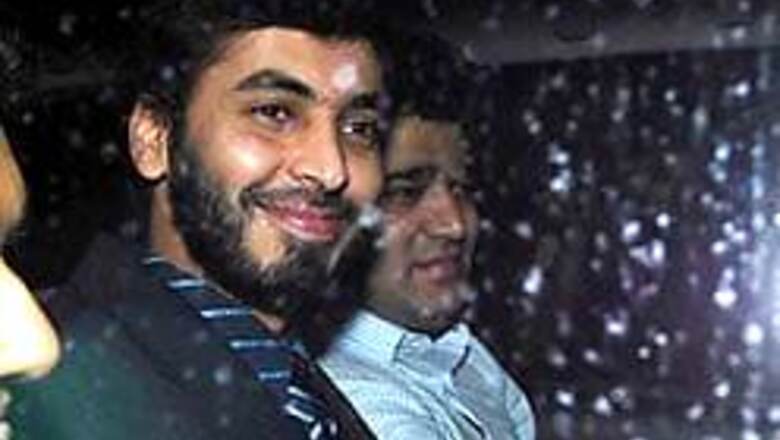
views
Canberra: Australia's top police officer was under fire on Wednesday over calls for a blackout on media cover of terrorism investigations and trials following the controversial arrest and release last year of an Indian doctor.
Australian Federal Police Commissioner Mick Keelty late on Tuesday said the public right to be informed about terrorism investigations should come second to the ability of security forces to operate against suspects in secret. "I am not saying public institutions be immune from public accountability...but I am saying a public discussion about them should be delayed," Keelty told the Sydney Institute think tank.
"Not subjugated, not quashed, not silenced, just delayed until the full gamut of the judicial process has been exhausted," Keelty said. Keelty's demand followed strong criticism of police over the arrest on July 2 last year of Indian doctor Mohamed Haneef over alleged links to a failed car bomb plot in London and Glasgow.
Haneef, 28, was held without charge under tough new anti-terrorism laws and accused of aiding the British plot until Australia's public prosecutor withdrew charges on July 27, leading to a backlash over police handling of his case.
Former Governor-General Bill Hayden, who represented Australia's head-of-state, the Queen, said Haneef's case was "frightening and appalling" in a democratic country.
But Keelty said such criticism threatened support for police and courts, which was "exactly what our adversaries want". "Freedom of information material is being used as a means of advancing cases in the court of public opinion," Keelty said.
The conservative opposition, which introduced the anti-terror laws when in government, said Keelty had gone too far in calling for a muzzle on media cover of terrorism cases just weeks before another series of trials in two cities.
"A delay in reporting until all judicial processes have been exhausted could in effect mean a delay of years as cases are taken from trial to appeal," conservative justice spokesman Christopher Pyne said.
A total of 30 people have been charged with terrorism related offences in Australia, with two convicted and sentenced. The trials of 22 people charged with a range of terrorism offences will start in Sydney and Melbourne next month.
Hilary Charlesworth, a human rights and international law expert at the Australian National University, said Keelty was unlikely to garner much support from the government, especially during the messy aftermath of the Haneef case.
"Those developments were very embarrassing for him and for the police," Charlesworth told Reuters. "It's pretty clear that without media publicity in Haneef's case, Dr Haneef may still be behind bars," she said. Charlesworth said a free and open press in Australia was critical because the country did not have a bill of rights. "I see it as a very worrying development," she said.
Haneef, now in India, is considering suing Australia's government over damage to his reputation and medical career.



















Comments
0 comment